Foreign students bully university lecturers to pass
Academics say they are forced to ‘dumb down’ courses to ensure foreign students complete degrees — or else risk being targeted.
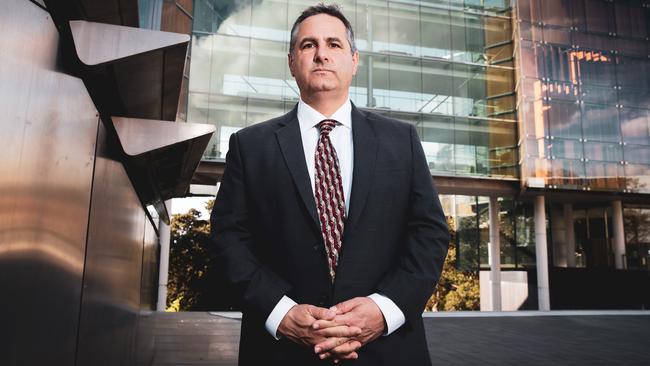
Australian university lecturers are being cowed into lowering their academic standards by “highly organised” networks of international students making co-ordinated attacks against any staff members whose assignments and examinations prove too difficult to pass.
Despite presenting themselves as the purveyors of elite education, academics at some of the country’s most prestigious universities said they had been forced to “dumb down” courses to ensure foreign students with little or no English were able to complete degrees — or else they risked being targeted by official complaints signed by groups of up to 100 pupils.
Academics are concerned the lowering of standards for overseas students means Australian students’ education is also suffering.
The University of Sydney confirmed it had received 135 formal complaints about staff regarding coursework or assessments last year.
“A significant number of similar complaints indicates there was a co-ordinated approach among some complainants about a relatively small number of teaching staff,” a spokesperson said.
“The main reason for complaints were related to assessment processes that were alleged to have been conducted unreasonably or unfairly. All complaints were considered and, where appropriate, used to inform improvements in teaching practice.”
One professor, who teaches at a respected Group of Eight university in Sydney, said the complaints were taken so seriously by university management that they had the potential to derail careers.
“International students didn’t used to be organised but in the past two years that has all changed,” said the lecturer, who asked not to be named for fear of professional repercussions.
“Their studying strategy is usually memorisation: memorisation of sample questions, and they always request the exams from the previous year to memorise the answers, memorise the methods in a very narrow way, and they have an expectation that the exam this year is going to be very similar.
“If your exam questions are a bit challenging or written in a way that is different to what they have done before, then they will complain. There are groups that put together letters to complain, signed by 100 students. Then those letters go high up in the university and we can get into trouble. It has happened to several colleagues — it has happened to me.
“We then have to provide explanations … and meet with one of your supervisors to discuss it and that kind of thing.
“The universities don’t care about educating these students — but they depend on the money that comes from them.
“The trade-off is clear. It is actually easier for us to adapt to these students’ expectations. We know they’ll give us very good evaluations (if we do), and then we’re not going to get into trouble and we are even going to be praised. There is really no incentive to set difficult exams.”
Another professor at a Group of Eight university said the situation had been exacerbated by an over-reliance on Australia’s $34bn international education industry and that foreign students were too often admitted to courses despite lacking the English skills needed to understand the subject.
“It is absolutely corrupt. It’s a disgraceful system — disgraceful,” she said. “I don’t know what passes for language training in China but most of the students I see from there haven’t even the most basic English skills and can’t construct a single, clear, grammatical sentence. And these are the masters (degree) candidates.”
She said the situation had also resulted in a dramatic surge in instances of cheating, and that complaints to university management were routinely ignored.
“What these students do now is they’ll just buy an essay (written by someone else) as they know you can’t trace it. It hasn’t been plagiarised but they haven’t written it — it’s been bought,” she said.
“Even though you know they didn’t write it … there’s an unwillingness, when you (report it) to the academic integrity office, for them to say, ‘This needs to be dealt with’. I started out idealistic but I don’t even bother sending stuff to academic integrity anymore.”
A number of universities contacted by The Australian denied they had experienced any issues with co-ordinated complaints against staff, while a University of NSW spokesperson said there had been “no major letter-writing campaigns” regarding coursework or assessments.
UNSW economics professor Gigi Foster said universities that prioritised revenue over learning were depriving both Australian students and international students of a world-class education.
“We have a responsibility to domestic students and to the taxpayers who are basically underwriting the university sector in this country,” Ms Foster said. “We also have a responsibility if we make an offer to a foreign student and we bring them to our shores and expect them to succeed just like any other student, but they can’t because our admissions process has failed them due to economic reasons. That is a moral travesty, and it’s offensive.”
The temptations for campuses are clear. Even three years ago, high-fee-paying foreign students accounted for almost 30 per cent of tertiary students across the country and made up more than 40 per cent of all students across the nation’s most prestigious six east coast institutions.
That year, international students injected $708m into annual revenue at UNSW, $756m at Melbourne University, $752m at the University of Sydney and $810m at Monash University.
University of Sydney professor Salvatore Babones said the financial windfalls were so vast, many institutions had devised “preparatory programs” to ensure foreign students could be admitted even if their English failed to meet the university’s official prerequisites.
He said the University of Sydney required foreign students to attain an International English Language Testing System score of 7.0 — which is considered a “good user” of the language — before they could be enrolled.
However, the university had a “pathway program” with Taylors College that accepts students with a score of 5.0 — or a “modest user” with only a partial command of the language.
“The rationale is they attend a year-long English language curriculum at Taylors College (before transitioning to Sydney University). But we hear a lot of stories about the program not being taken seriously by students and that it’s a culture in which it is impossible to fail,” he said.
“We know something like 95 per cent of international students come through the preparatory programs and then move on to the university of their choice. It is a situation that is ripe for abuse.”
The programs are set to be one of the issues raised in the NSW government’s parliamentary inquiry into the future development of the state’s tertiary education system, which will sit for the first time on August 12.
NSW One Nation leader Mark Latham said the inquiry would look closely at the universities’ reliance on foreign funding.
“They dumb down their academic standards and basically tell overseas students, ‘If you can pay the money, you’ll end up with a piece of paper from our degree factory’,” Mr Latham said.
All universities approached by The Australian — including the Group of Eight institutions — denied there was a problem when it comes to international students who cannot understand what they are being taught.

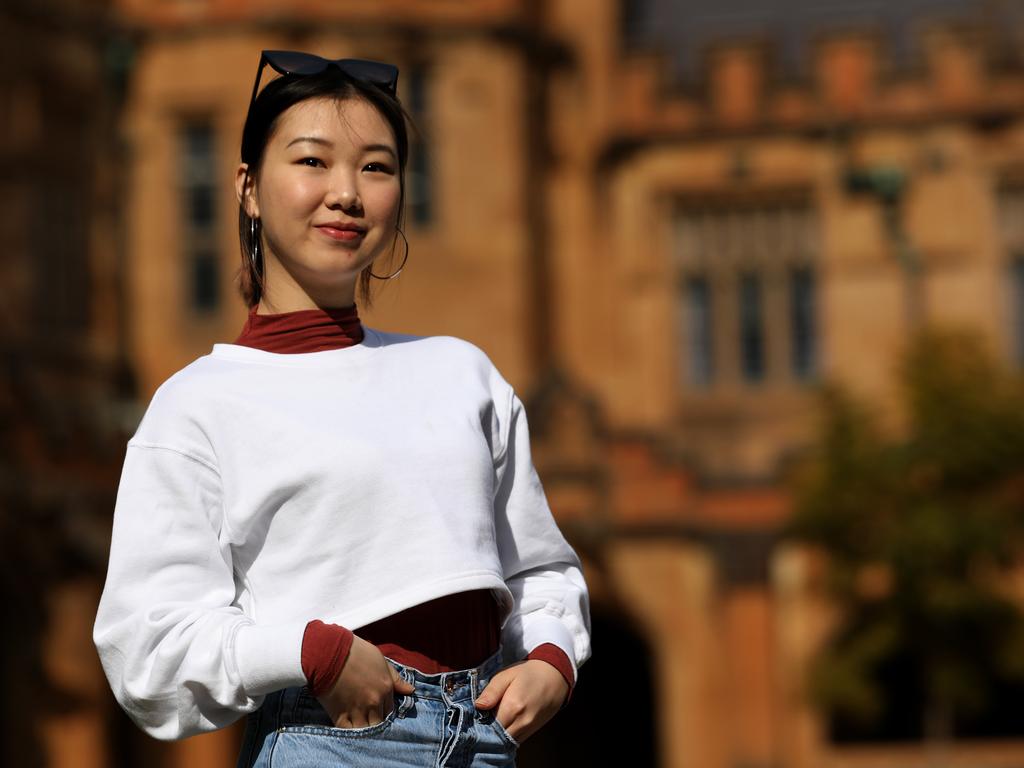

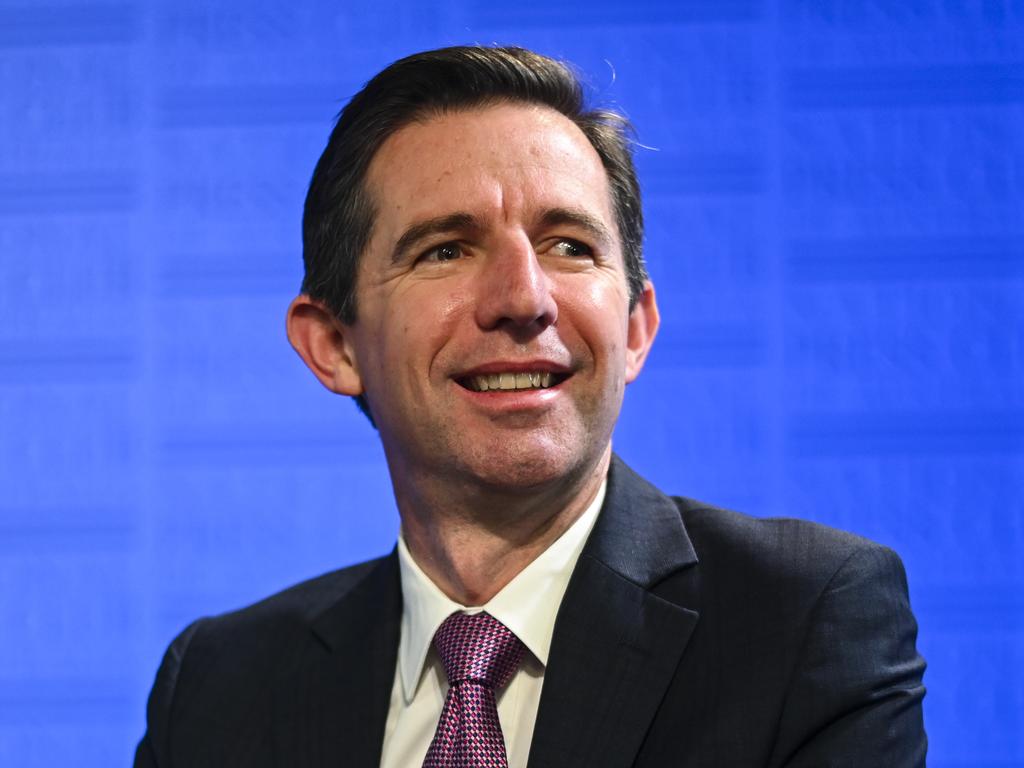
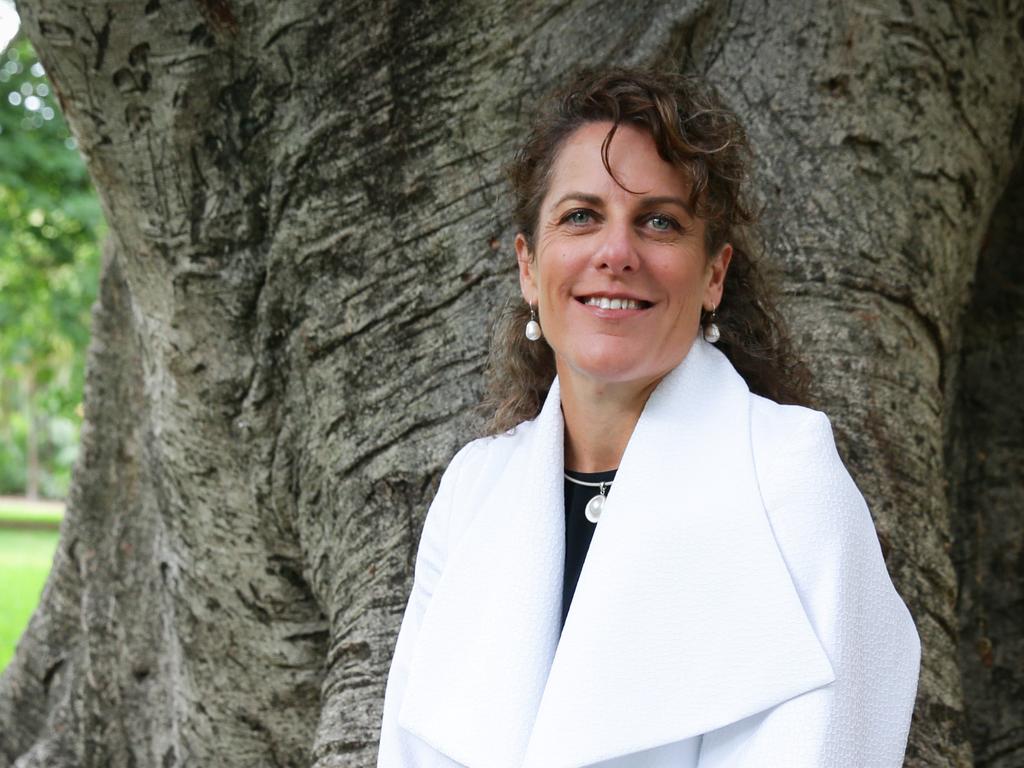
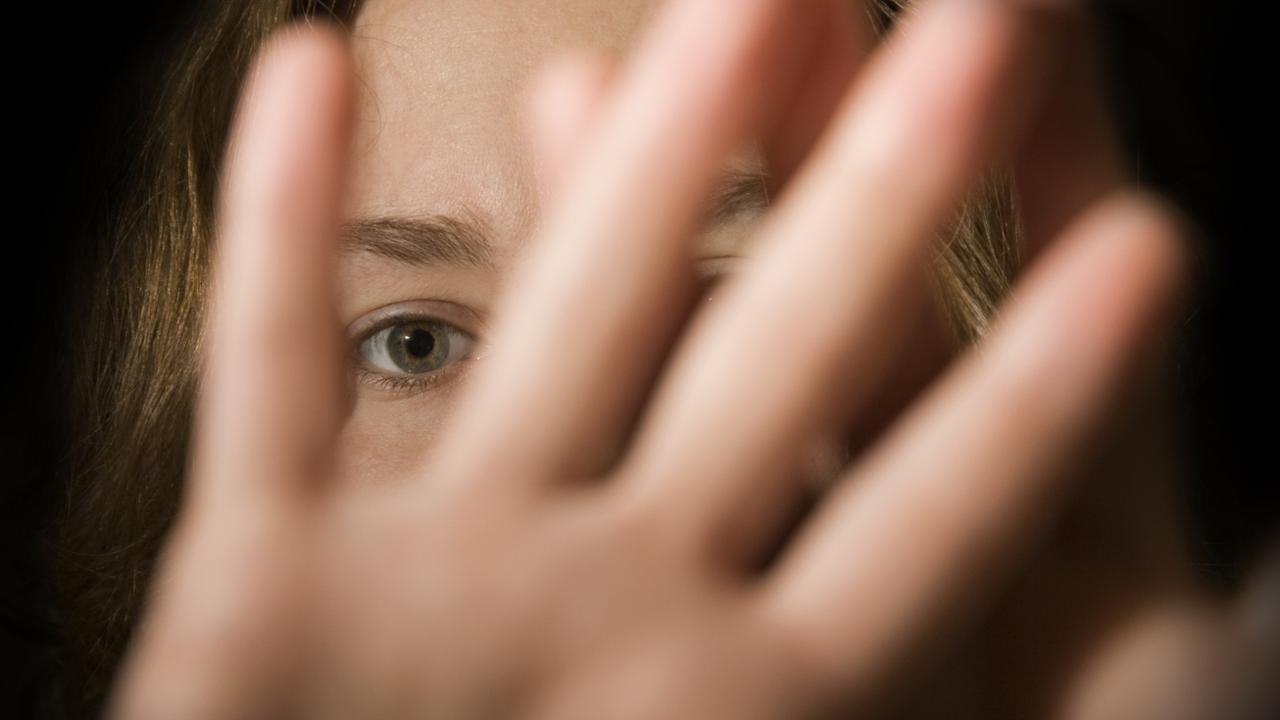

To join the conversation, please log in. Don't have an account? Register
Join the conversation, you are commenting as Logout